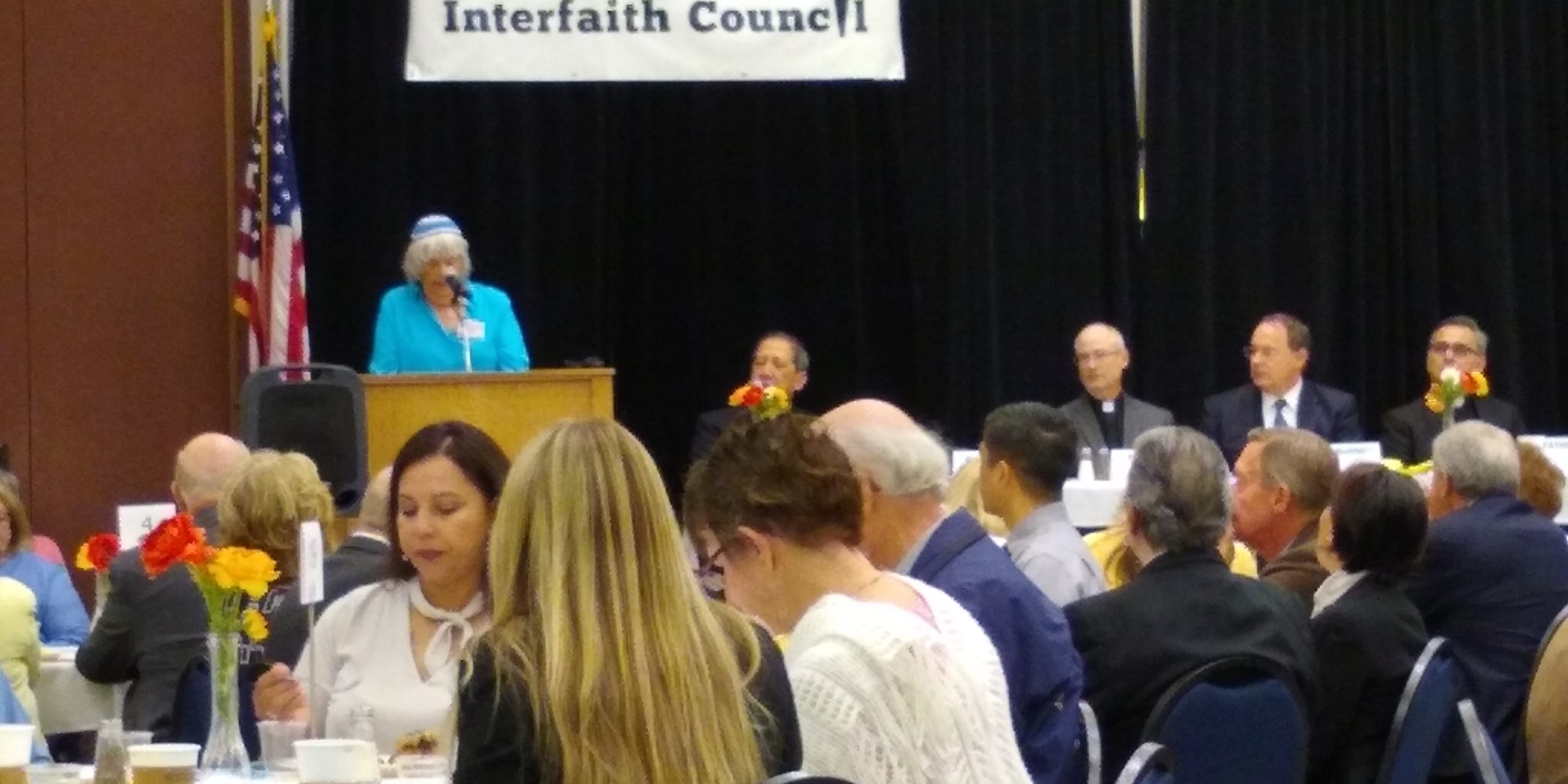Torah: Ki Tavo (Deuteronomy 26:1-29:8) Haftarah: (Isaiah 60:1-22)
The congregation of Beit Chaverim want to express our sincere condolences to the Perkel family on the passing of Don Perkel.
“May his memory be for a blessing.”
The Torah portion this week contains the agricultural laws and laws of first fruits. There is also the formulation of the covenant between G-d and Israel. This Torah section is the third discourse of Moses. Keep in mind that Deuteronomy is Moses’ farewell and Moses retold the laws to the Israelites.
Walking in G-d’s ways or to the Christians (Imitatio Dei/imitation of G-d) was the slogan used by the early Church Fathers and then popularized among Christians in the Middle Ages. To the Jews, the concept of trying to imitate G-d’s attributes dates back to the Torah, which states, “and walk in His ways” (Deuteronomy 28:9). This has been understood to mean that just as G-d is compassionate, so should human beings be compassionate. G-d is righteous and just, so should all people be righteous and just.
“When you enter the Land (of Israel) which the Eternal G-d is giving you…, you shall take some of every first fruit of the soil…, put it in a basket and go to the [Temple].
Deuteronomy 26:1-2.” The Talmud poses an interesting question from (Kiddushin 7b). Why does the Torah use the verb “take” when it clearly implies “give?” When you arrive in Eretz Yisrael, you should give some first fruits (bikkurim) to the Kohen at the altar in the Sanctuary.
The Talmud explains the word “take” is used because each time a person gives, that person also takes! What do they take? They take pleasure in giving. Likewise, says the Talmud, when a person accepts a gift, it is like giving , because that person is giving pleasure to the giver, who receives the satisfaction of having been given.
The essence of the Talmud’s comment compliments the Torah portion in the sense of compassion, justice, and righteous behavior is all about human relationships! During the covid shutdowns people withdrew from society. The individuals, especially children lessened their emotions due to the loss of human contact. Today, many people may have forgotten how to behave towards each other. By giving a simple smile, a nice phrase to brighten someone else, or a friendly “hello” may make the receiver have a better day. The giving and receiving may be a simple action. The action is akin to “walking in G-d’s ways.” One Mitzvah will cause one to do more mitzvot (righteous actions)!
While this is the Jewish month of Elul, the month every Jew reflects on their behavior of the past year. Elul is the month before the High Holidays! Maybe you may feel and hear the sound of the shofar, and you are already doing more actions to make the world a better place. Kol Kavod/ Job Well Done!
Shabbat Shalom,
Rabbi Helene Ainbinder







